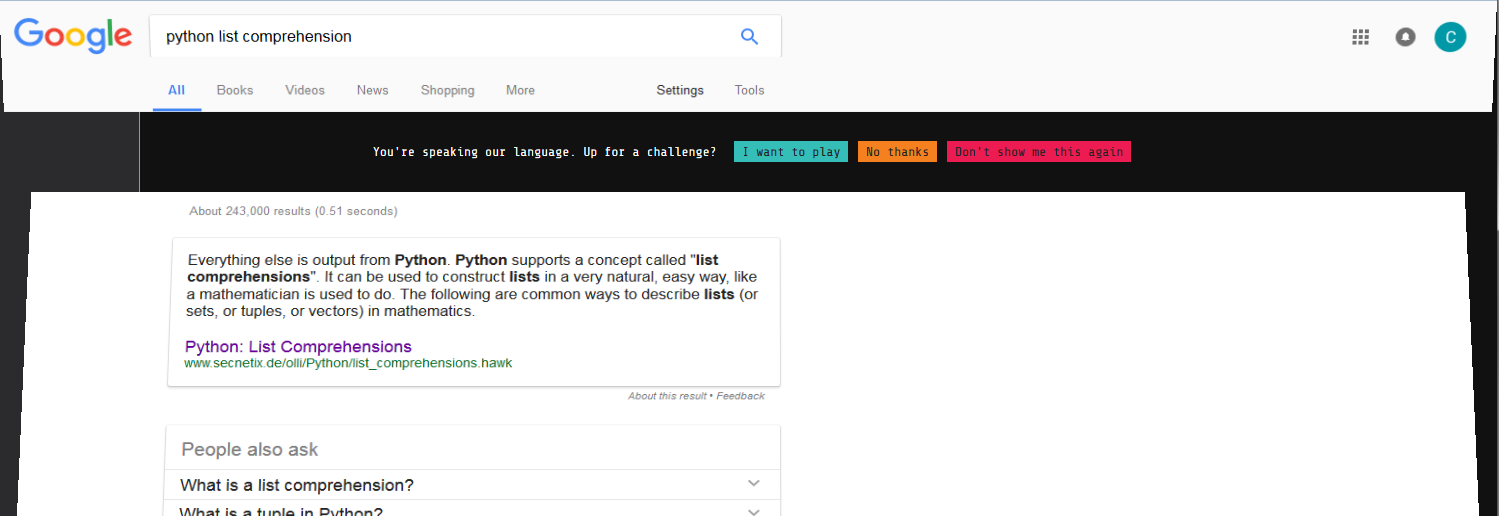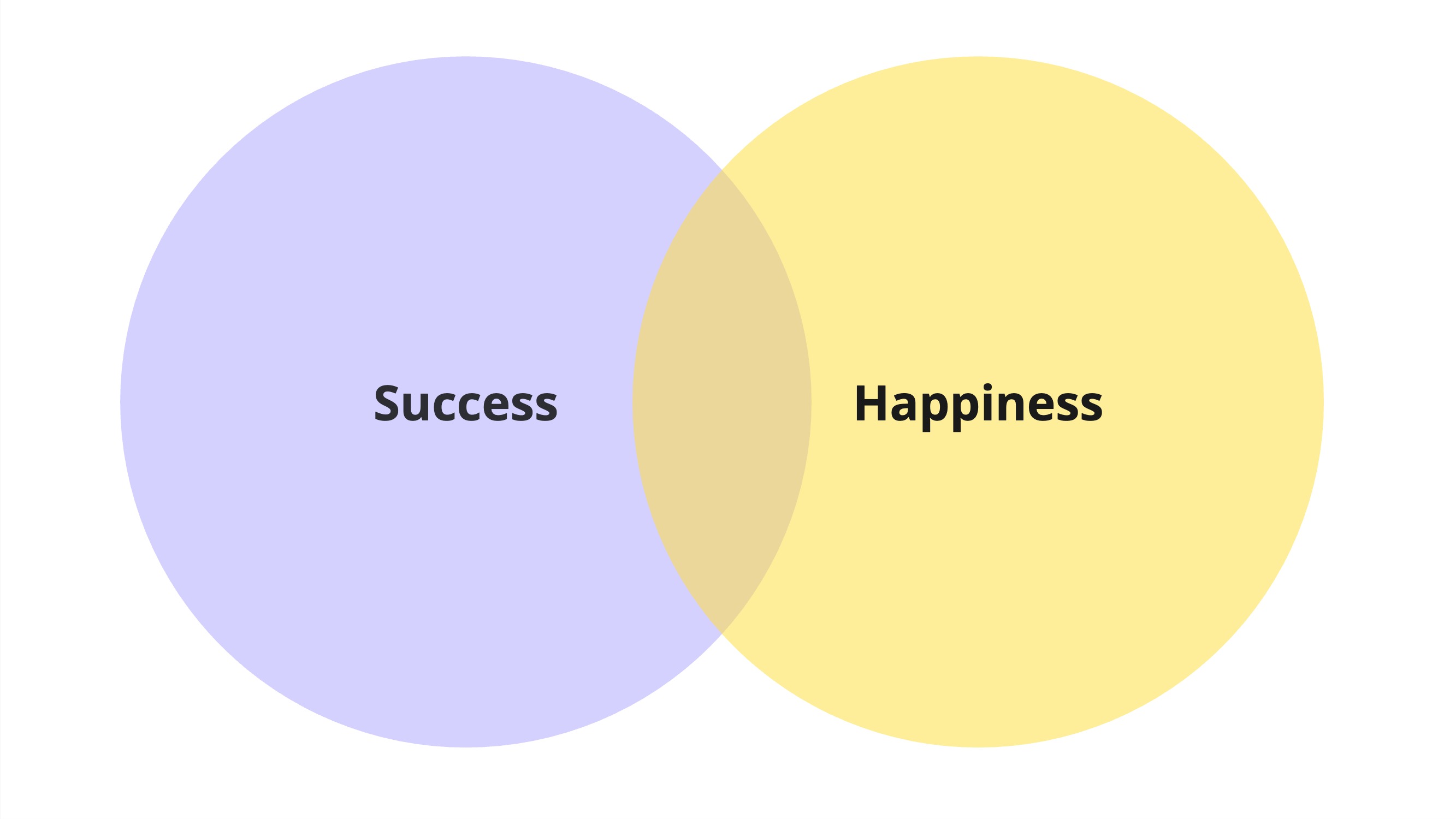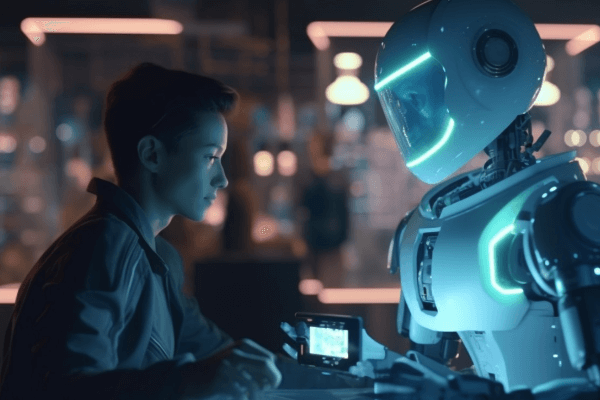Earlier this week, Deepmind, a Google-owned artificial intelligence company, announced AlphaCode, an AI system that can write computer programs at a competitive level.
Like OpenAI’s Codex model, AlphaCode uses transformer-based language models to understand the written-in-plain text problems and generate a computer code. To validate the performance of the AlphaCode model, the Deepmind team tested it on previous competitions hosted by Codeforces, a popular platform for programming competitions. The results are impressive.
AlphaCode achieved an estimated rank within the top 54% of participants in programming competitions by solving new problems that require a combination of critical thinking, logic, algorithms, coding, and natural language understanding.
Codding competitions require not only good coding skills but also creativity. And no, I didn’t participate in any of the programming competitions - my programming skills are not that good, and I don’t consider myself a software developer, but I wrote some code before. Moreover, I did the Foobar challenge - a secret tool Google uses to recruit Software developers. It happened in 2020 when I decided to brush up on my programming skills. I began to go over some basic algorithms and solve problems on Leetcode. I had to brush up on data structures, design patterns, programming techniques, etc. One day, I was searching for some kind of Python function, and suddenly, my Google search page transformed, and I got a message: “You’re speaking our language. Up for a challenge?”.

My first thought was - “Am I hacked or something?” I did quick research, and it was legit - a foobar challenge - a secret tool Google uses to find Software Developers. So I clicked “I want to play.” You get timebox questions to solve - one question on the first level, two on the second, three on the third, etc. After I finished the third level, I got an email from a Google recruiter asking if I would like to chat about opportunities at Google. And so we connected and had a great conversation. Unfortunately, she was recruiting for SDR positions only.
Okay, now let’s go back to the AlphaCode. When I read the article, I thought, how would AlphaCode perform in the Foobar challenge? What would Google have to change to keep the challenge more relevant? How would having AlphaCode affect developers in the future?
I am not worried about AlphaCode replacing developers. After all, writing a code is just one part of a software developer’s responsibilities and, in many cases, requires you to know the whole system and APIs to write the code.
This brings me to something I strongly believe in ( although we are terrible predictors, according to Nasim Taleb1). I think AI is here to assist humans and enhance our capabilities. Yes, it can be used to do evil, just like many other things in our lives ( from gunpowder to nuclear power). I can see both AlphaCode and Codex (and based on Sam Altman’s statement, the next versions of GPT would focus solely on Codex ) as significant enablers. There is a constant shortage of software developers, and writing code is one of the most expensive parts of product development. Reducing the time it takes to write a piece of code would be an outstanding achievement and great savings to any organization. Developers can’t live without Stackoverflow, and I think the AI-powered code generation tool would be a new developer’s friend in the near future.
I am looking forward to trying AlphaCode myself. Adding it to my long list of things I would like to do 😉
-
In his book “The Black Swan: The Impact of the Highly Improbable,” Nasim Taleb focuses on the extreme impact of rare and unpredictable outlier events and how we humans are so bad in predicting not only these rare events but we are bad in any predictions. ↩





Comments